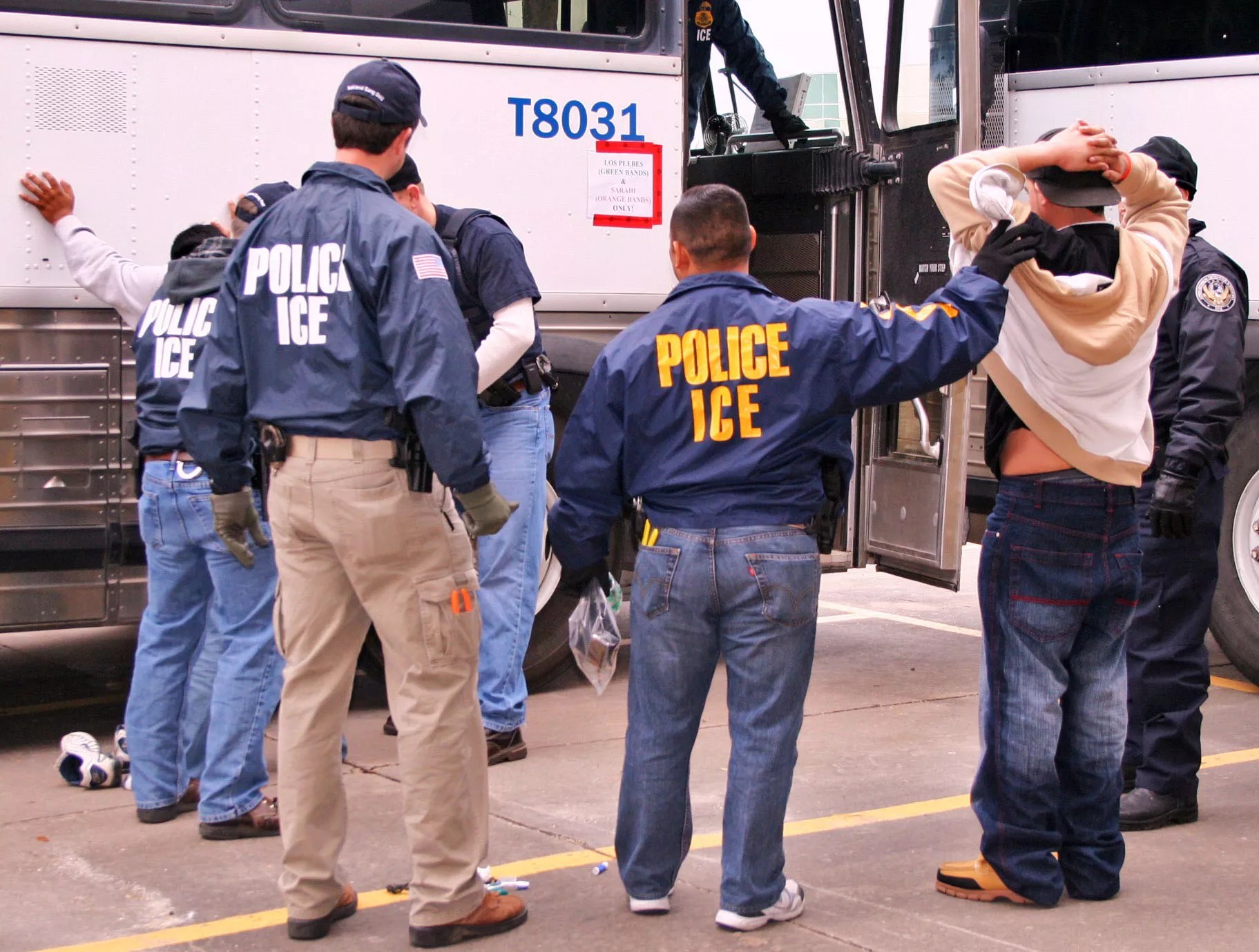

Audio By Carbonatix
The battle over Florida’s controversial ban on sanctuary cities doesn’t look like it will be settled anytime soon. As state lawmakers return to Tallahassee this week to jockey over priorities for the 2020 legislative session in January, Hialeah Rep. Cindy Polo is taking square aim at the contentious anti-sanctuary law, which was forced through by Republican lawmakers in May at the behest of Gov. Ron DeSantis.
A new bill filed this week by Polo, a Democrat, would largely unravel the ban, known as SB 168, which requires local and state law enforcement officials to cooperate with immigration agents looking to pick up any jailed undocumented people. Polo’s bill would not only prohibit local officials from working with U.S. Immigration and Customs Enforcement (ICE), but also block them from stopping, arresting, or detaining individuals based solely on immigration status.
Polo filed the same bill earlier this year, only to see the Republican-led charge against undocumented immigrants pass through the Legislature and the governor’s mansion. The bill, which she originally intended to be proactive, has instead become reactive and, according to Polo, holds even greater importance now that Republican lawmakers are gearing up to pass additional anti-immigrant measures in 2020.
“When I first filed this bill, back then I didn’t think that SB 168 would pass and that we’d be where we are today,” Polo says. “But during the debates on SB 168, we saw so much anti-immigrant sentiment from Republicans. The urgency for this bill has been heightened even more.”
When drafting the bill, her staff looked at similar legislation in cities such as Chicago, Polo says. They also researched the effects of bans on sanctuary cities in other states, including Texas, which some law enforcement officials say has caused a chilling effect on the reporting of crimes in immigrant communities. One of Polo’s main concerns was the fact that a bill such as SB 168 could lead to indiscriminate detention of undocumented immigrants for simply being illegally present in the country.
In the leadup to the anti-sanctuary bill’s passing, Republican lawmakers made a point of assuring stakeholders that the law was about public safety and would affect only criminal immigrants with outstanding ICE warrants. In reality, immigration agents under the Trump administration have been mostly targeting and detaining immigrants with no criminal past or only a misdemeanor or petty conviction on their records.
“Republicans love to say that SB 168 doesn’t target law-abiding citizens. But to them, all it takes is not having your papers in order to be considered a criminal,” says Polo, who adds that her parents lived in the United States for some time before obtaining legal status. “They’ve opened the door to much of what we are seeing now, like profiling and families living in fear of being separated.”
State Sen. Joe Gruters of Sarasota, one of the engineers behind the ban on sanctuary cities, is set to embark on a statewide immigration “listening tour” next year. Gruters has already announced his intention to pass legislation requiring Florida businesses to use E-Verify, a federal database that can confirm whether an employee is undocumented (although E-Verify has been proven error-prone).
“It’s not a listening tour. It’s a bragging tour. There’s a big presidential election around the corner, and all they’re trying to do is rattle up their base,” Polo says.
The Miami area has had a back-and-forth relationship with ICE and sanctuary-city laws. Earlier this year, Miami-Dade Mayor Carlos Gimenez publicly denounced SB 168 and said he didn’t want local police to become immigration officials. That was a sharp turn from his position in 2017, when he acquiesced to the Trump administration’s demands that more cities pass anti-sanctuary ordinances. The decision came with significant cost to Gimenez and even greater financial cost to the county, which flushed millions of dollars down the drain to hold ICE detainees in local jails.